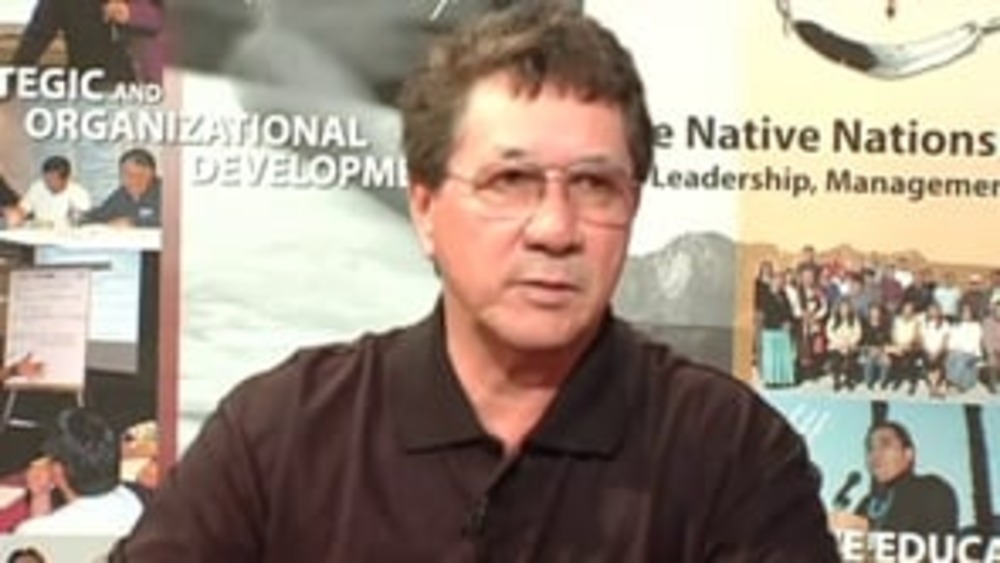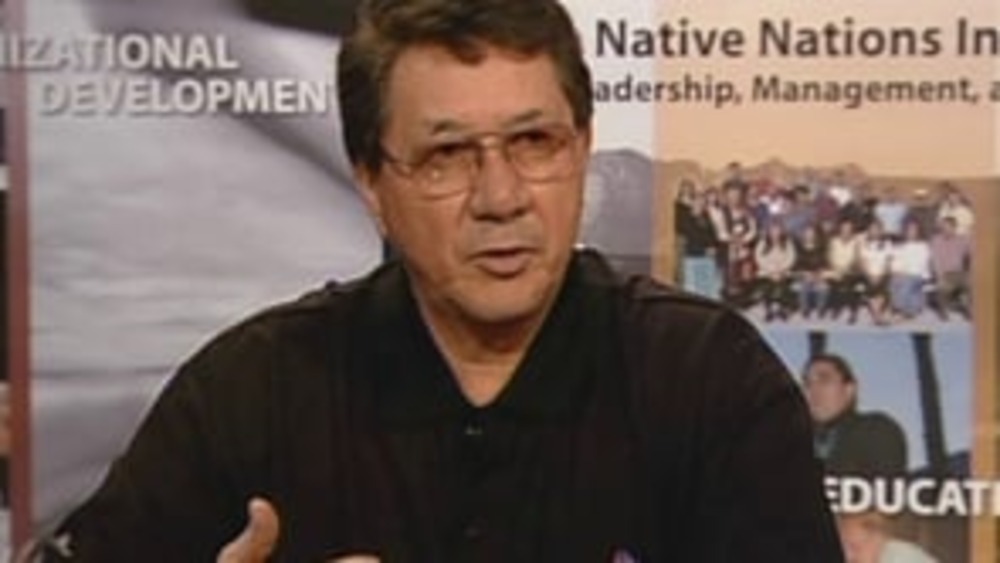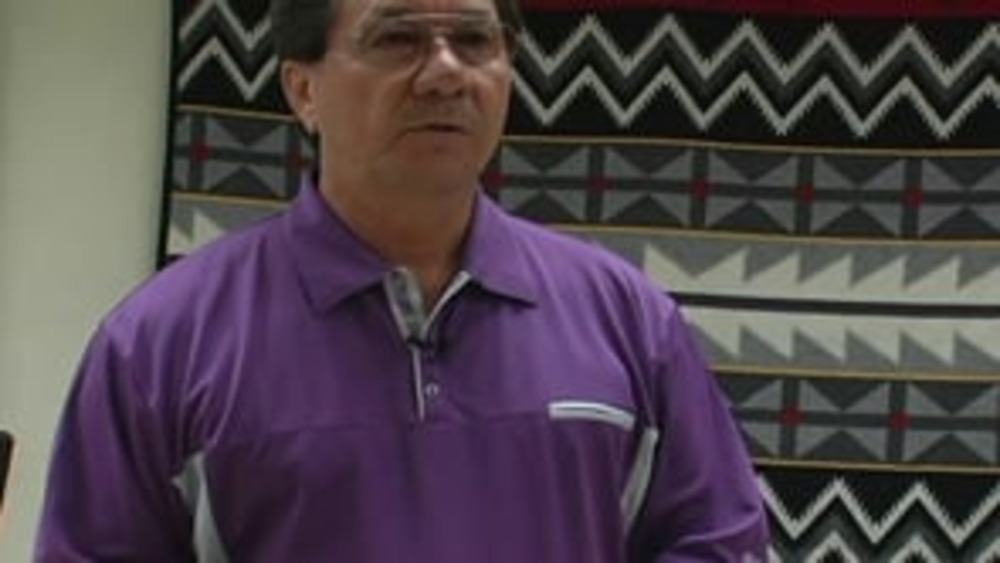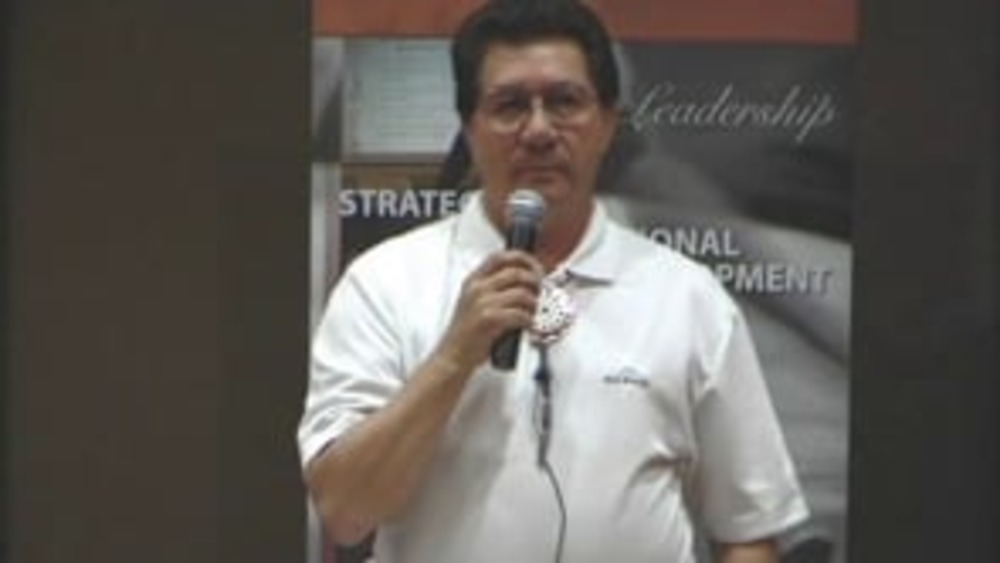Indigenous Governance Database
Michael K. Mitchell, Mohawk Council of Akwesasne

NNI Indigenous Leadership Fellow: Michael Kanentakeron Mitchell (Part 2)
In part two of his Indigenous Leadership Fellow interview, Grand Chief Michael Mitchell of the Mohawk Council of Akwesasne touches on a wide range of nation-building topics, notably the importance of clearly defining the distinct roles and responsibilities of leaders and administrators working on…

NNI Indigenous Leadership Fellow: Michael Kanentakeron Mitchell (Part 1)
Grand Chief Michael Mitchell of the Mohawk Council of Akwesasne provides an overview of the nation-building work his nation has engaged in over the past four decades, from its decision to move away from the Indian Act to its systematic development of capable governing institutions designed to…

Michael K. Mitchell: A History of the Akwesasne Mohawk
Grand Chief Michael Mitchell of the Mohawk Council of Akwesasne offers students a broad overview of the governance history of the Akwesasne Mohawk and the efforts his people have made during his time in office to exercise true self-governance and rebuild their nation.

Michael K. Mitchell: What I Wish I Knew Before I Took Office
Mohawk Council of Akwesasne Grand Chief Michael K. Mitchell reflects on his role as a modern elected leader of his nation. Mitchell encourages small changes in terminology and ideology that in turn will change the community's mindset about nation rebuilding and what is possible.

Michael K. Mitchell: Perspectives on Leadership and Nation Building
Mohawk Council of Akwesasne Grand Chief Michael K. Mitchell discusses the Akwesasne Mohawk's effort to regain control over their own affairs, and offers his advice to leaders who are working to regain jurisdiction over their lands and resources as well as rebuild their nations.
